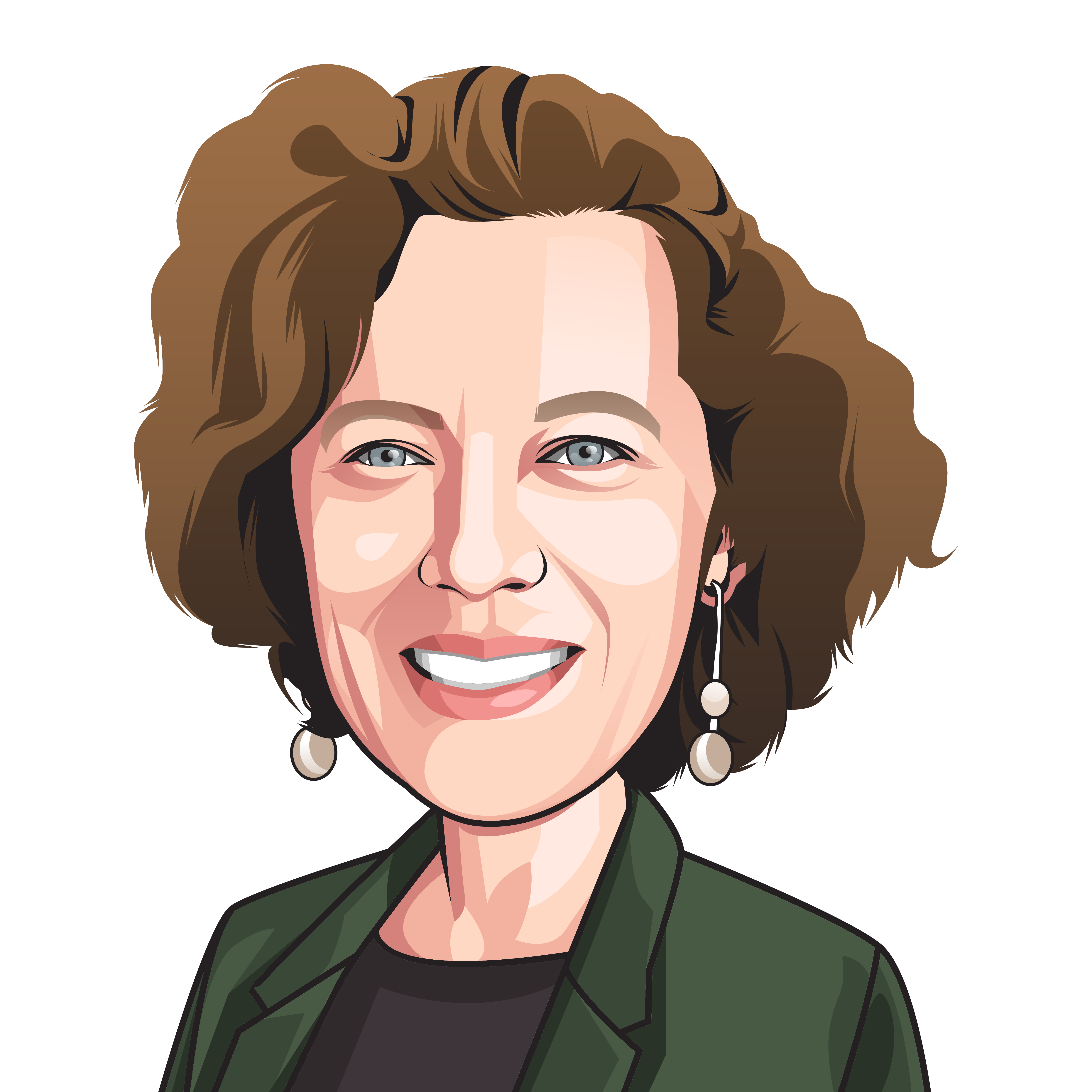This past June and July, 130 participants improved their coding skills in the 2021 SCIP program at SF State University! I am so excited about this program and very grateful for the amazing team of people who ran SCIP 2021 (Rochelle Reyes, Ryan Fergusson, Olivia Pham).
I would like to share with you all how it went. The 130 participants were mostly biology and biochemistry students, but we also had some alums and staff who joined. Just over half of the participants were undergrads, and most had little or no coding experience.


Our participants were ethnically diverse and 63% identified as female, non-binary or gender non-conforming.

How was SCIP 2021 organized?
The participants were organized in teams of 5-7 people. This summer, we had 10 R teams, 11 Python teams and 2 ImageJ teams. For each team, we pick one member to be the team leader. Team leaders are chosen based on their leadership experience, not their coding experience.
MaryGracy Antony, an incoming SFSU Biology Master’s student was one of the team leaders – she had no coding experience at the beginning of the summer. Here is an image from one her zoom meetings. I asked MaryGracy how it went for her and she said: “I let my team know on the first day that I, like them, have no experience with Python and we will be helping each other out throughout our time in SCIP. It definitely worked. […] As the weeks went by, people who were further in the course were helping others and even me. It was a very fulfilling experience 🙂“

Each team met 4 times a week for 2 hours during 6 weeks (48 hours total). All meetings had a similar structure with time to talk and time to work quietly. The “I” in SCIP stands for immersion, which means that the learning is done during the zoom meetings. We discourage working on the materials outside of the zoom meetings, to avoid getting stuck on a coding problem with no help nearby. If the teams got stuck, they could ask questions on the Slack forum, which was monitored by the SCIP admin team.

Once a week we held a webinar for one hour, with speakers who use coding in biology, chemistry or biochemistry. This year, we hosted a teacher, a PhD student, someone who worked in the biotech industry and many others. Many of our guests were SFSU and PINC alums.
Outcomes
One of the main goals for SCIP is to allow participants to learn coding skills in a non-threatening, ungraded environment. We think we are succeeding in this for most participants, but to make sure our environment is as non-threatening as possible, we don’t test their coding knowledge and we don’t keep track of attendance. Still, there are several indicators that show that participants are learning and finding a community in SCIP. First, 97% participants would recommend SCIP to others. Second, self-reported coding confidence goes up a lot. Third, almost 90% of participants expect that coding will be part of their future career – that is huge, given that most of our participants had no prior coding experience.
New materials received very well
Participants in SCIP all learn from freely available online coding classes that we pick out for them. While these coding classes from Udacity and EdX work quite well, there are also some issues with these classes. They are not made for science students and they are mostly taught by white men. The SCIP team therefore created new materials this year.
These new materials included a series of videos about R made by Ryan Fergusson and coding projects designed by all of the SCIP admin team members (see here https://vimeo.com/showcase/8775548). More than 90% of the participants scored the new videos as a 4 or 5 (on a scale from 1 to 5) in terms of how helpful they were.

The story behind SCIP
Last summer, in 2020, many of our bio/chem students were stuck at home, without a job or summer research experience. In the meantime, Dr Megumi Fuse, was looking for something that our research students could do during the summer, while they were funded to do research but the labs were closed. We designed a community-focused online coding program to make the most of the summer of 2020. It worked great! 160 people joined in 2020, and most of them loved it and learned new coding skills! To learn more about SCIP have a look at our website.
The people behind SCIP 2021
The most important people behind SCIP 2021 were Rochelle-Jan Reyes, Olivia Pham and Ryan Fergusson. Rochelle did most of the admin work, Olivia ran the webinar series and Ryan created videos for learning the R programming language. All three of them answered many technical questions on the Slack channel.

Funding
Funding for SCIP 2021 came from the NSF-funded Center for Cellular Construction (NSF grant DBI-1548297) and the NIH MBRS-RISE grant (#R25-GM059298). Some of the SCIP participants, especially those who had learned ImageJ spent the second half of their summer in the CCC research workshop. Many SCIP participants are now in the PINC or GOLD programs (link).





Leave a comment